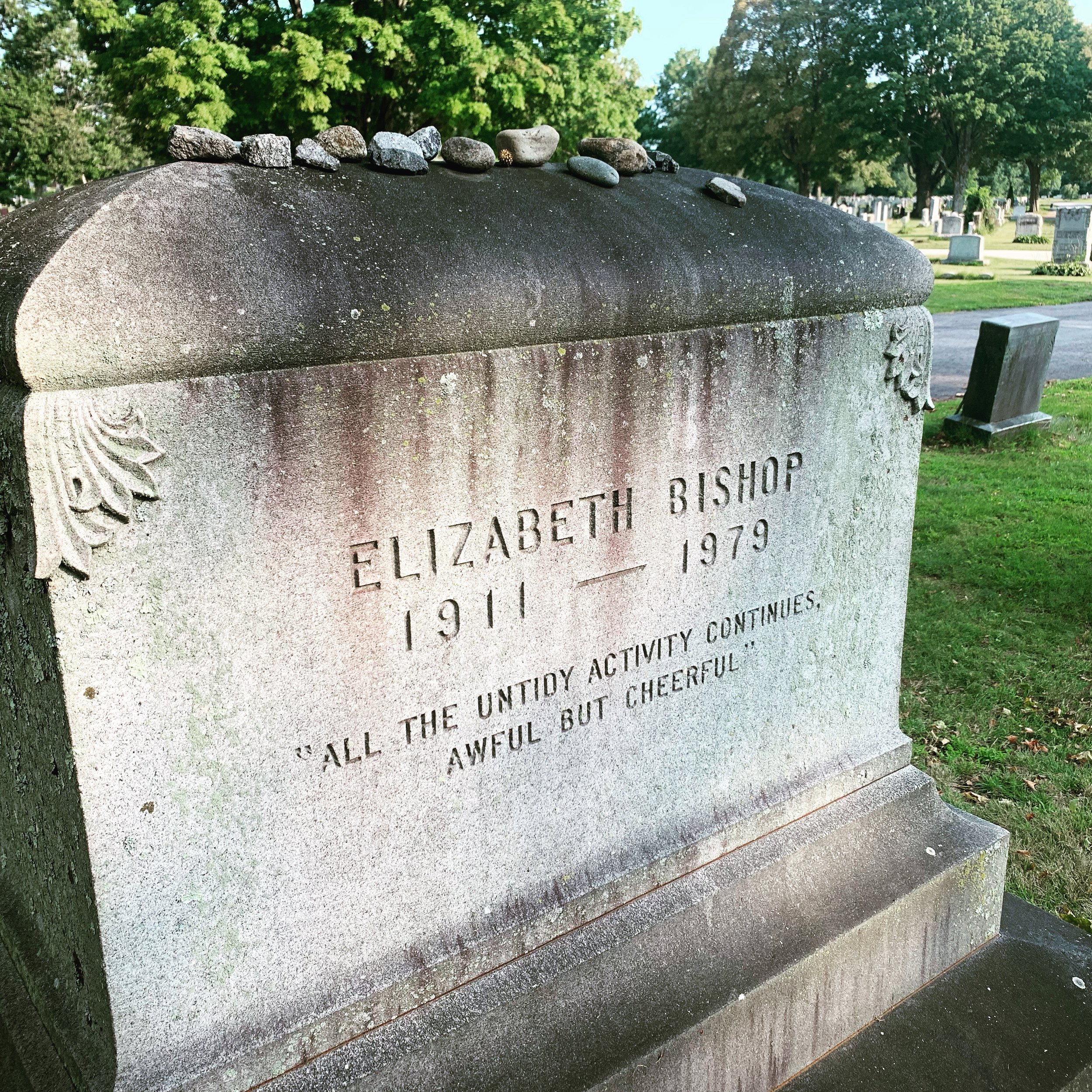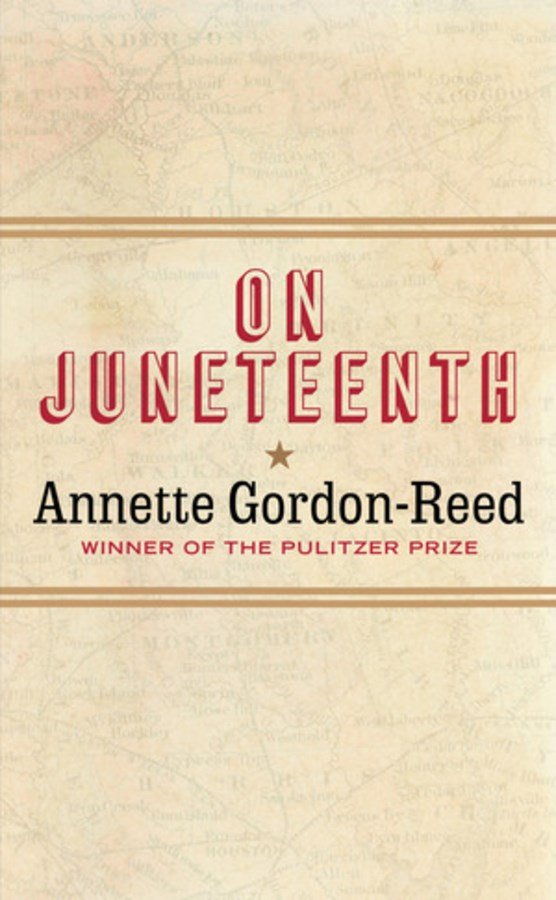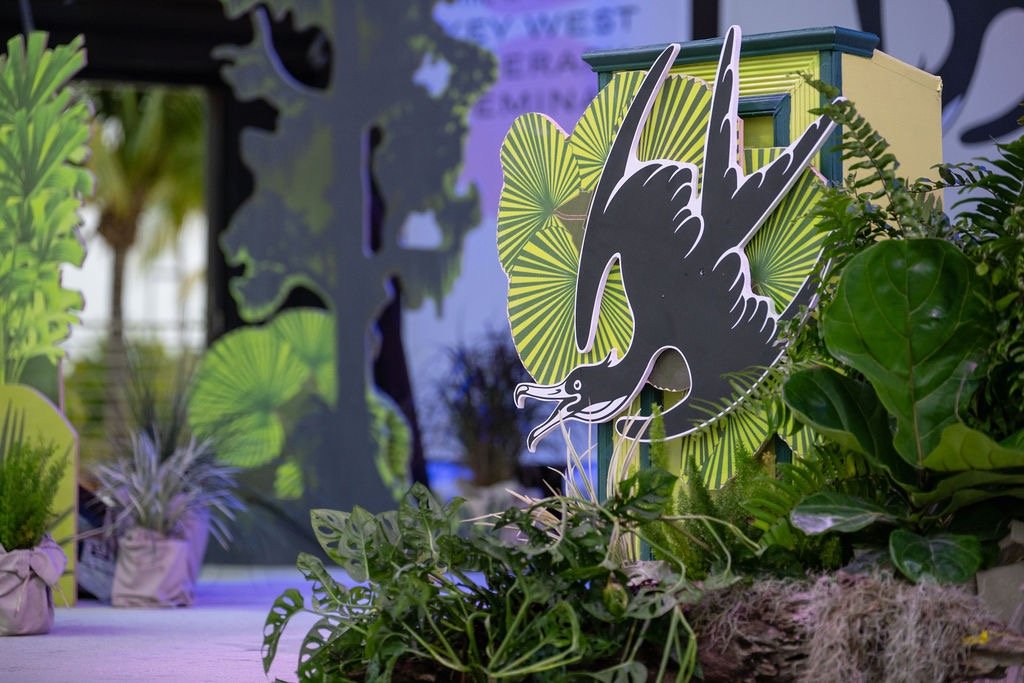Good morning - I’m Nancy Klingener and I have the great honor to be the president of the board of the Key West Literary Seminar - and the program chair for this year’s event. Thank you for joining us after last night’s terrific keynote from Jeff Vandermeer - and for traveling to this far end of the state. I’d also like to thank my fellow board members and especially the program committee who helped shape this event - Michael Blades, Meg Cabot, Michael Nelson, Diane Shelby, Emily Weekley - and of course our Executive Director Arlo Haskell.
As I wrote in my program essay, I have been pitching this as a topic for as long as I’ve been on the board, close to 20 years. But I am glad it’s taken this long - not only because many of these writers would not have been here back then - because they were probably in grade school at the time - But also because in the intervening years I have gained so much more perspective and information about this state where so many of us live, and love - and fight for, even when it is literally trying to kill us.
I was born, raised and educated in New England but I was at least aware that writers lived in, and came from Florida. I was assigned to read The Yearling in junior high because apparently entering adolescence isn’t hard enough without having to read a bunch of books where the animals die. I was fortunate enough to be assigned Their Eyes Were Watching God in high school in the 1980s. That high school was pretty progressive, though I did have a Hemingway-worshipping English teacher who told me he’d visited Key West once but didn’t like it because of all the gays. In college, I read Condominium by John D. MacDonald and I started hearing about this Carl Hiaasen guy, especially when I took classes with a newly arrived professor named Madeleine Blais, who had won a Pulitzer for feature writing at the Miami Herald, in part for her profile of Tennessee Williams in Key West.
I got to Florida with an internship, then a job with the Miami Herald in 1989. Carl Hiaasen and Dave Barry were among the stars at the paper but my role models were the people who had made it from the lowly Neighbors section up to the big paper a couple years before me - people like Tananarive Due, who were from Miami and who were unbelievably kind and generous to a clueless young woman who had spent her entire life in rural new england. When she quit the paper a couple years later to follow her calling and write fiction, I was even more impressed.
It sounds a little counter intuitive but I have come to believe that Florida is a place that we - and the rest of the country - should take seriously. I know that’s not our brand. But in some weird ways, we are simultaneously forerunners and on the forefront of the history of this country, especially if you’re talking about settlement by Europeans - and those they brought here.
The Spanish claimed Florida in 1513 - decades before the English made their first, doomed attempt at colonizing Virginia and almost a century before they got a foothold in Jamestown. And they brought enslaved people here long before 1619 - obviously not a distinction to be proud of, but one that we must recognize and acknowledge as part of this state and country’s history.
Another first - according to the Florida Museum of Natural History, some 800 Spanish sailors, soldiers and settlers held a Mass of Thanksgiving and then put on a feast with local Indigenous people near the Matanzas River - more than 50 years before that meal in Massachusetts that gets all the attention.
So Florida, in the relative terms of American history, is ancient. But it’s also constantly reborn and renewed. In the last year, almost a thousand people a day moved to the state. From Silicon Valley and the midwest. From the Caribbean and the former Soviet republics. The new arrivals are here looking for safety, or opportunity - or let’s face it, a state with no income tax. If they stick around long enough they can join the chorus of people complaining about how much better it used to be when they got here, whether that was generations or a couple years ago. Which in some ways - fair. Some changes are hard to watch and they’re not for the better. But new people also bring new ideas, enterprises, perspectives. And that helps maintain one of Florida’s most important qualities as far as I’m concerned - it is very rarely boring. Which really makes it the perfect literary subject.
So Florida, I would say, is on the edge. Literally, we’re on the edge of the water, if not under it. Yet. Incidentally - there’s a tidal gauge just over there on that big pier we call the outer mole - they’ve been taking tidal measurements in Key West Harbor since 1913. I checked with our local weather service bureau the other day and in that time the sea level has risen one foot four inches. I’m sure we’ll be hearing a lot this weekend about Florida’s future on the environmental front.
Socially, we’re also on the edge - the state has been surprisingly forward thinking at times with measures like a very broad public records law, and rules about what public officials are at least SUPPOSED to do in the sunshine. Florida has also at times been shockingly reactionary and brutal with massacres like the ones Gilbert King has documented. And atrocities like the Dozier school that Tananarive has reimagined in a way only she could, as the daughter of Florida freedom fighters and the grand niece of a young man who died at Dozier.
While we were putting together this Seminar, I’ve spent a lot of time thinking about how I feel about Florida. I’ve decided it’s kind of like family: I love it in a deep, abiding way that I can’t shake even if I wanted to. It drives me crazy. I enjoy ridiculing it but bristle just a bit when outsiders use us as a punching bag. And thank you, Dave Barry, for occasionally punching back in the most entertaining of ways. One thing I never doubted, probably from the moment I walked into Books & Books and attended my first Miami Book Fair in 1989, or my first Key West Literary Seminar a couple years later, is that Florida is a literary place.
The writers at this seminar show the depth and diversity of Florida’s literary talent. And that’s just those who are here with us this weekend.
In my job at the local public library I put together the email newsletter and for the January edition, I included a book list of Florida fiction.* Any place where the chroniclers include Zora Neale Hurston, Elmore Leonard, Lauren Groff and Tananarive Due is a place I want to know more about.
Even though I’ve lived here for almost 35 years, I suspect by the end of this weekend I will have learned so much about this state we’re in - and that my to be read list will get even longer.
*This list includes one book per writer and only has books from the Monroe County Public Library collection, so - not comprehensive!








